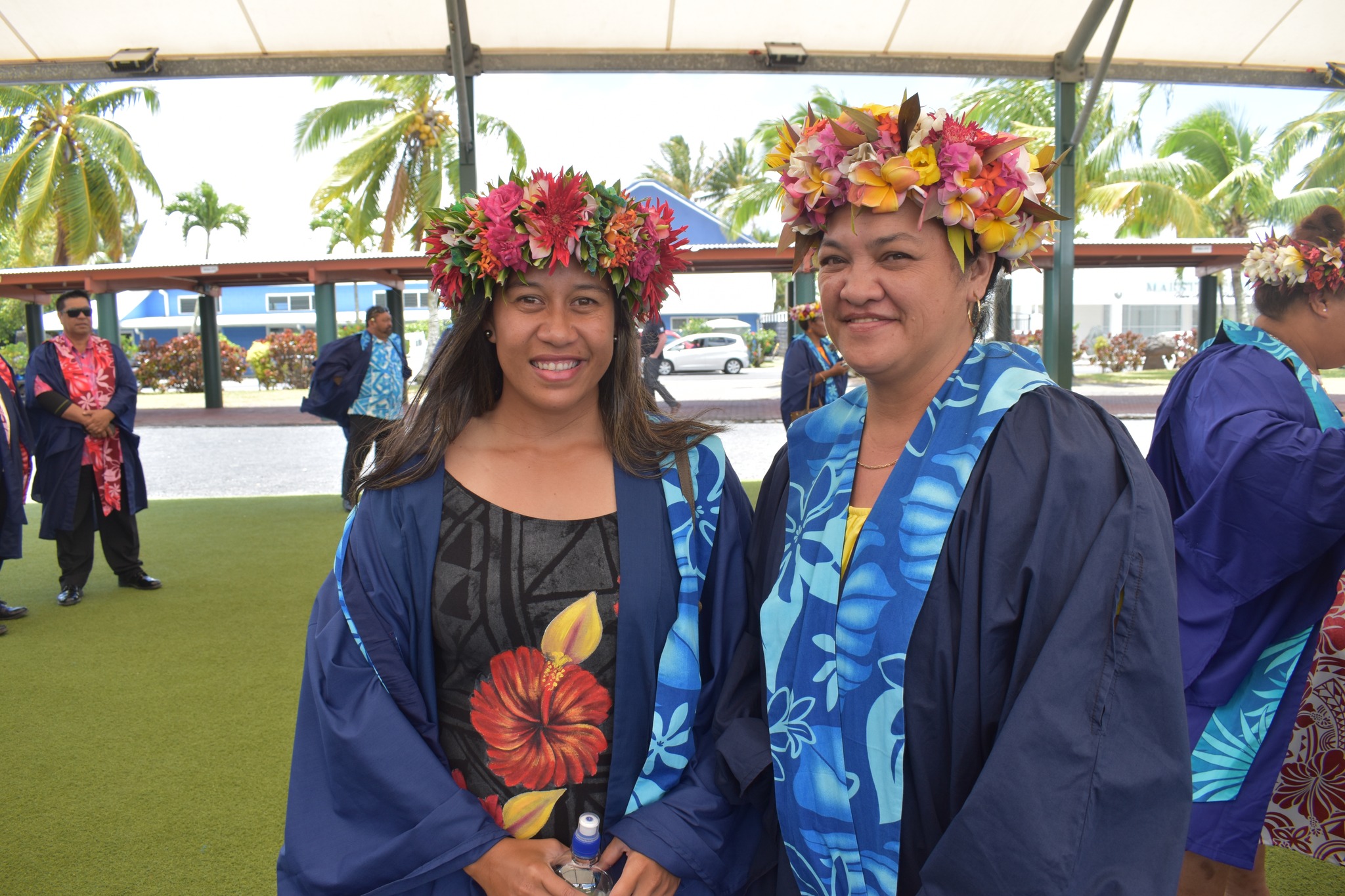Our women gaining higher qualifications than our men
Tuesday 21 February 2023 | Written by Al Williams | Published in Education, Local, National

SUPPLIED/FACEBOOK - CITTI GRADUATION 2022
Women are outpacing men in achieving higher education in the Cook Islands.
Census 2021 results show the percentage of females achieving higher education was higher than males in most of the qualifications.
Females were dominant in the bachelor’s degree category with 58.9 per cent and also in post graduate certificate and diplomas with 59.3 per cent.
Males, however, dominate in the trade qualifications with new training and study programmes introduced by the Cook Islands Tertiary Training Institute (CITTI).
Other qualifications included overseas qualifications, Doctorates and some where it was difficult to classify.
In terms of secondary school qualifications, our women were again ahead with 21.7 per cent completing high school compared to 17.5 per of men.
The proportion of the resident population aged 15 and over with a secondary school qualification was 71.5 per cent with the majority earning a NCEA levels 1, 2 and 3 certificates.
About 65 per cent of the population five years and over reported their highest level of education as secondary but only about 20 per cent reported secondary level as their highest completed.
While the proportion of those who reported secondary level as their highest attended was higher in the Pa Enua than Rarotonga, the proportion of those with secondary as highest level completed was higher in Rarotonga than the Pa Enua.
Education in the Cook Islands is free, inclusive and compulsory for all children from 5 to 16 years of age.
Every person in the Cook Islands is entitled to attend school in the Cook Islands school from three years of age, commencing their learning with early childhood education.
There are 31 schools in the Cook Islands of which 23 are government owned and five are church schools and three are private schools.
At the compulsory age of schooling of 5 to 16 years 3,060 persons or 95.9 per cent were enrolled in school, 1584 males and 1476 females.














































